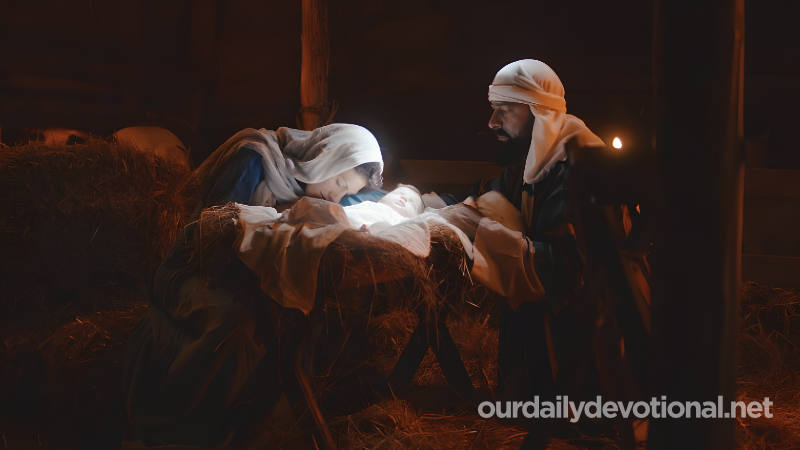Someone who has never had sexual relations; This term is generally used of women. It is a translation of two Heb terms. and a gr. (a) Heb. "B'thûlãh", from a root that means "separate", that she lived kept in her father's house.
Hence it generally means virgin, betrothed or not (Gen. 24:16; Deut. 22:23, etc.); however, in Jl. 1:8 it refers to a young married woman.
In Aram texts. later, its equivalent refers to a married woman. (b) Heb, «'almãh». This term is translated "virgin", "wench" or "maiden".
It is the one that appears in Is. 7:14 in relation to the prophecy of Immanuel. It has been the subject of many controversies. The "modernist" position that it only means "girl" or "young woman" is unsustainable, despite its diffusion.
In relation to the sign of Isaiah, "'almãh" is precisely the term to use, for the following reasons: (A) From the entire context of the OT it is clear that "'almãh" always refers to a "maiden", " girl", or, in any case, "single woman", never legitimately united to a husband.
(B) This is confirmed by Ugaritic literature (see UGARIT), in which "glmt", the equivalent term in Ugaritic, is never used of married women, but always of "wench" or unmarried women (see E. J. Young, "The Book of Isaiah", Wm. Eerdmans, 1978, vol. 1, p. 287).
(C) There is only one biblical passage in which "'almãh" can denote an immoral, but unmarried girl (Prov. 30:19).
(D) There is no other word that can be more properly used to mean a woman not united to a man, for "yaldah" refers only to girls, "na'rah" is applicable to all women, and "b 'thûlãh', which according to some exegetes would have been the most appropriate term, is also useless as it does not univocally mean a virgin (see [a]).
«'Almãh» is the only Hebrew term. which unequivocally means a single woman. In Isaiah 7:14 a sign from the Lord is stated: that an "'almãh" would conceive and have a son.
Now, the entire biblical context prevents this from being understood as an immoral act by a single woman. This sign evidently refers to the conception contracted by a single and pure woman.
It is evident that the translators of the LXX understood this when, long before the life of Jesus Christ, they translated this passage in this sense.
(c) Gr. “parthenos”, Gr. term. which strictly means "virgin", the term chosen by the translators of the LXX as the equivalent of "'almãh" in the context of Is. 7:14; in the NT it is used of the virgin Mary (Mt. 1:23, citing Is. 7:14; Luke 1:27, of Mary in the story of the Annunciation).
In addition to its normal use, it is also used as a synonym for devotion and fidelity to Christ (2 Cor. 11:2).
Meaning of VIRGIN
Someone who has never had sexual relations; This term is generally used of women. It is a translation of two Heb terms. and a gr. (a) Heb. "B'thûlãh", from a root that means "separate", that she lived kept in her father's house.







